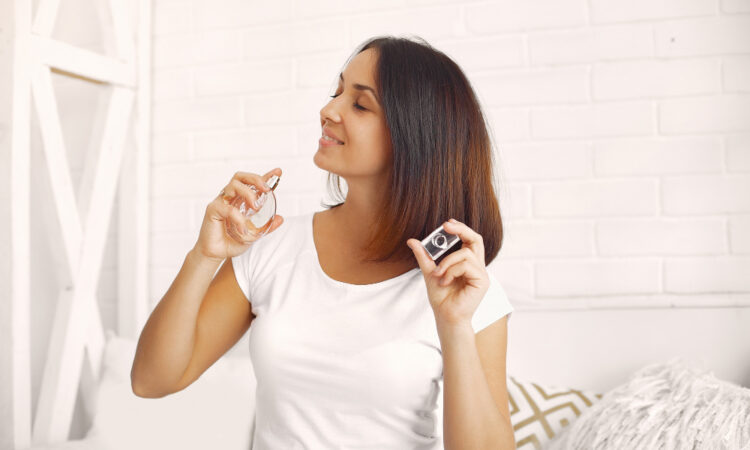
Do you know what’s really in your perfume? If you see “fragrance” listed on a cosmetics label, it could include any number of some 3,000 potential ingredients – many of which are known or suspected to be harmful to health. The term “fragrance” is a way for corporations to hide ingredients from consumers, and it’s time for greater transparency in the beauty industry.
What are The Common Ingredients in Perfume?
Some of the most common ingredients in perfume are:
Alcohol: Alcohol is used as a solvent and can be drying on the skin. It can also strip away the natural oils that keep your skin healthy.
Limonene: A citrusy-smelling compound that’s commonly used in cleaning products. It’s a known skin irritant.
Linalool: A floral-smelling compound that’s also used in cleaning products. It’s a known skin irritant and can be toxic if inhaled.
Eugenol: A spicy-smelling compound that’s used in some perfumes and essential oils. It’s a known skin irritant and can be toxic if inhaled.
These are just a few of the potential ingredients that could be hiding in your perfume. To see the full list, check out the Environmental Working Group’s Skin Deep Cosmetics Database.
What About Natural
If you’re looking for a completely transparent product, make sure to check the ingredient list for any mention of fragrance, aroma, or perfume. Unfortunately, products that boast of being “natural” or “organic” don’t always guarantee this level of transparency. According to Burns, “A common assumption is that if a product is considered to be natural, it’s safer than a synthetic one. This is not always the case.” Some natural ingredients can be more dangerous than their synthetic counterparts. So while natural products may seem like the safer choice, it’s important to do your research before making any assumptions.
If you’re concerned about the ingredients in your perfume, you’re not alone. Many people are unaware of the potential health risks associated with some fragrance ingredients. However, there are ways to make sure you’re getting the most transparent and safe product possible. At goop, we are committed to offering truly clean perfume with clear labeling so you can make the best decision for your health and wellness. Similarly, retailers like Credo and Detox Market offer products from brands that uphold high standards of ingredient transparency. By being mindful of what you’re buying and where you’re buying it from, you can rest assured knowing you’re making the safest and most informed choice for your health.
What You Must Know Before Choosing The Perfume
Now that you know what’s really in your perfume, you might be wondering how to choose the right one for you. Here are a few things to keep in mind:
1. Pay attention to the ingredients list.
As we mentioned before, “fragrance” is a catch-all term for several potential ingredients. So, if you see “fragrance” listed on the ingredients list, it’s best to avoid that product. Instead, look for products that list all of the ingredients used. This will help you make a more informed decision about what you’re putting on your skin.
2. Avoid synthetic fragrances.
Synthetic fragrances are often made with harmful chemicals that can be irritating to the skin. If you’re looking for a safe and natural alternative, try using essential oils instead.
3. Test the perfume before you buy it.
Before making a purchase, it’s always a good idea to test the perfume on your skin. This will help you see how your skin reacts to the product and determine if it’s right for you.
4. Choose a perfume with fewer ingredients.
The fewer ingredients a perfume has, the less likely it is to irritate. So, when in doubt, go for a simpler scent.
5. Store your perfume properly.
Once you’ve found the perfect perfume, be sure to store it in a cool, dark place. This will help it last longer and prevent the ingredients from breaking down.
By following these tips, you can rest assured knowing you’re choosing the safest and most transparent perfume possible.







